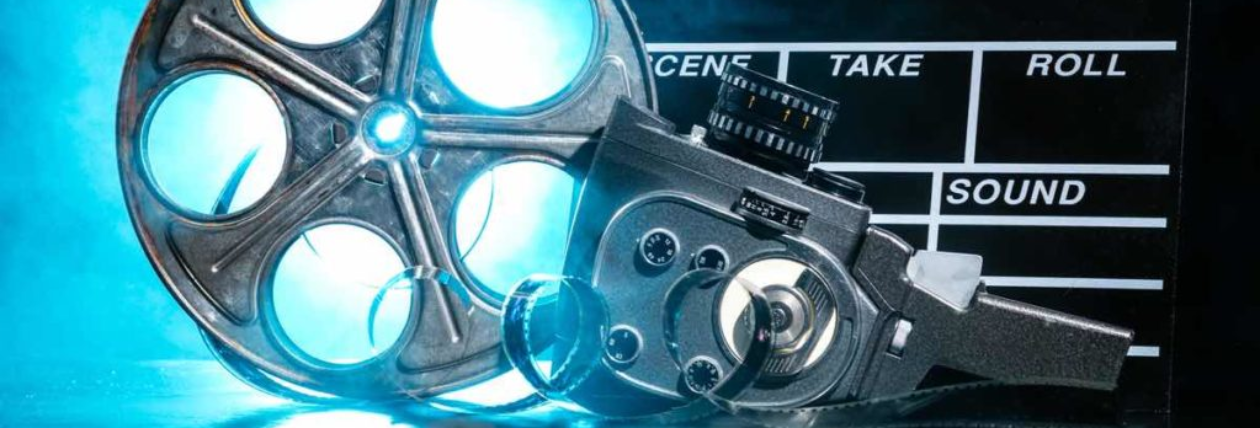Warren Beatty made his acting debut in Splendor in the Grass (1961) followed by Bonnie and Clyde (1967), McCabe & Mrs. Miller (1971), and Shampoo (1975). He also directed and starred in Heaven Can Wait (1978), Reds (1981), Dick Tracy (1990), Bugsy (1991), Bulworth (1998), and Rules Don’t Apply (2016), all of which he also produced.

Faye Dunaway’s career began in the early 1960s on Broadway. She made her screen debut in the 1967 film The Happening, the same year she made Hurry Sundown with an all-star cast, and rose to fame with her portrayal of outlaw Bonnie Parker in Arthur Penn‘s Bonnie and Clyde, for which she received her first Academy Award nomination.
Norman Jewison hired Dunaway after he saw scenes from Bonnie and Clyde before its release. As Arthur Penn had needed to persuade Warren Beatty to cast Dunaway, Jewison had to convince McQueen that she was right for the part.

Michael J. Pollard was an American actor. He is best known for his role as C.W. Moss in the film Bonnie and Clyde (1967), which earned him critical acclaim along with nominations for an Academy Award, a British Academy Film Award, and two Golden Globe Awards.

After The French Connection, Gene Hackman starred in ten films (not including his cameo in Young Frankenstein) over the next three years, making him the most prolific actor in Hollywood during that time frame. Buck Barrow in 1967‘s Bonnie and Clyde,[12] earned him an Academy Award nomination as Best Supporting Actor.

After studying law, Estelle Parsons became a singer before deciding to pursue a career in acting. She worked for the television program Today and made her stage debut in 1961. During the 1960s, Parsons established her career on Broadway before progressing to film. She won the Academy Award for Best Supporting Actress for her role as Blanche Barrow in Bonnie and Clyde (1967)

